It was something of a miracle that Michael Lewis was able to write an entertaining and informative book about baseball economics. When I read Moneyball a few years ago, a film adaptation was the furthest thing from my mind. Yet, here it is and I’ll be darned if it isn’t one of the best movies of 2011. Working with a script from Aaron Sorkin and Steven Zaillian, Bennett Miller keeps the economic talk in check and brings the human drama to the forefront.
Other than religion and politics, it’s tough to think of what causes more natural conflict in the world than money. Everyone seems to be either doing everything they can to make more of it or fight hard to keep it. And therein lies the initial conflict facing Oakland Athletics general manager, Billy Beane (Brad Pitt), as he tries to field a competitive baseball team in the midst of sky-rocketing player salaries.
Baseball is a game steeped in tradition. Messing with the sacred elements of the game are a type of blasphemy in some circles. But that’s exactly what Beane does. Surrounded by a bunch of baseball’s old guard, the general manager sees no hope in sticking with “the way things are.” Faced with a microscopic budget and the pressure to field a competitive team, Beane turns from traditional scouting methods and instead takes a path routed in economic theory.
With Yale graduate , Peter Brand (Jonah Hill), at his side, Beane proceeds to change the way many baseball teams evaluate players, digging deep into stats to find bargains. Today, it’s a more common practice, but that’s in large part to the success the Athletics achieved under Beane.
The film focuses on the various power struggles Beane encounters as he tries to establish the new system. It starts with his scouts, who are treated like idiots, offering evaluations based on hunches, broad observations and the appearance of their girlfriends. Next is Athletics on-field manager, Art Howe (Philip Seymour Hoffman), who picks the starting lineup each and every game. Normally, managers are supposed to be the leader of the players, yet Beane is constantly meddling with Howe, tlling him who to play and when.
As interesting as these struggles are, they’re not enough to carry the entire film. Miller is able to bring in good internal conflict for Beane. A failed prospect on the field, the general manager is struggling to finally find some success. He’s also trying to be a father to a daughter who doesn’t share the same motivations as him. By becoming more human, Moneyball rises above being simply a “baseball movie” and into something much more universal. Feelings of inadequacy and fighting to be understood are much more common struggles than wins and losses.
Of course, there is all that baseball stuff too, but that’s largely relegated to the film’s final act as Beane’s group of big league castoffs and misfits make a historic run. Based in history, there’s not a lot of suspense. And really, it’s more a subplot in the movie’s big picture.
Moneyball is a film about baseball. It’s a film about the power of cash. It’s about leadership, feelings of worth and family. A testament to Miller’s direction and the script by Sorkin and Zaillian, Moneyball takes on a lot yet remains both intelligent and entertaining throughout.
Moneyball Gallery
Trailer
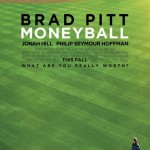









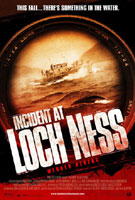
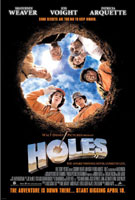
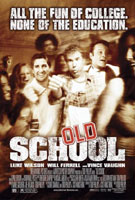
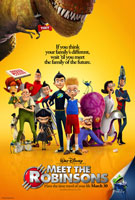
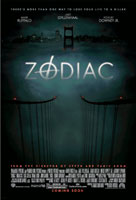




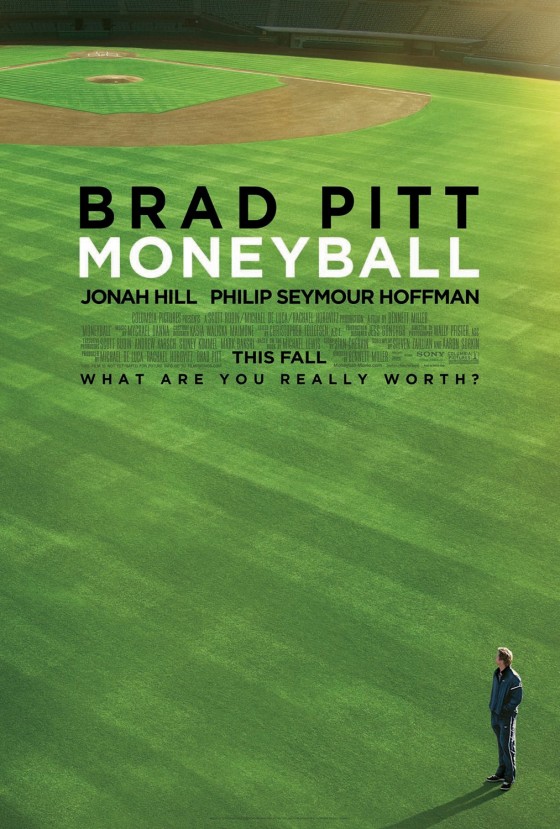

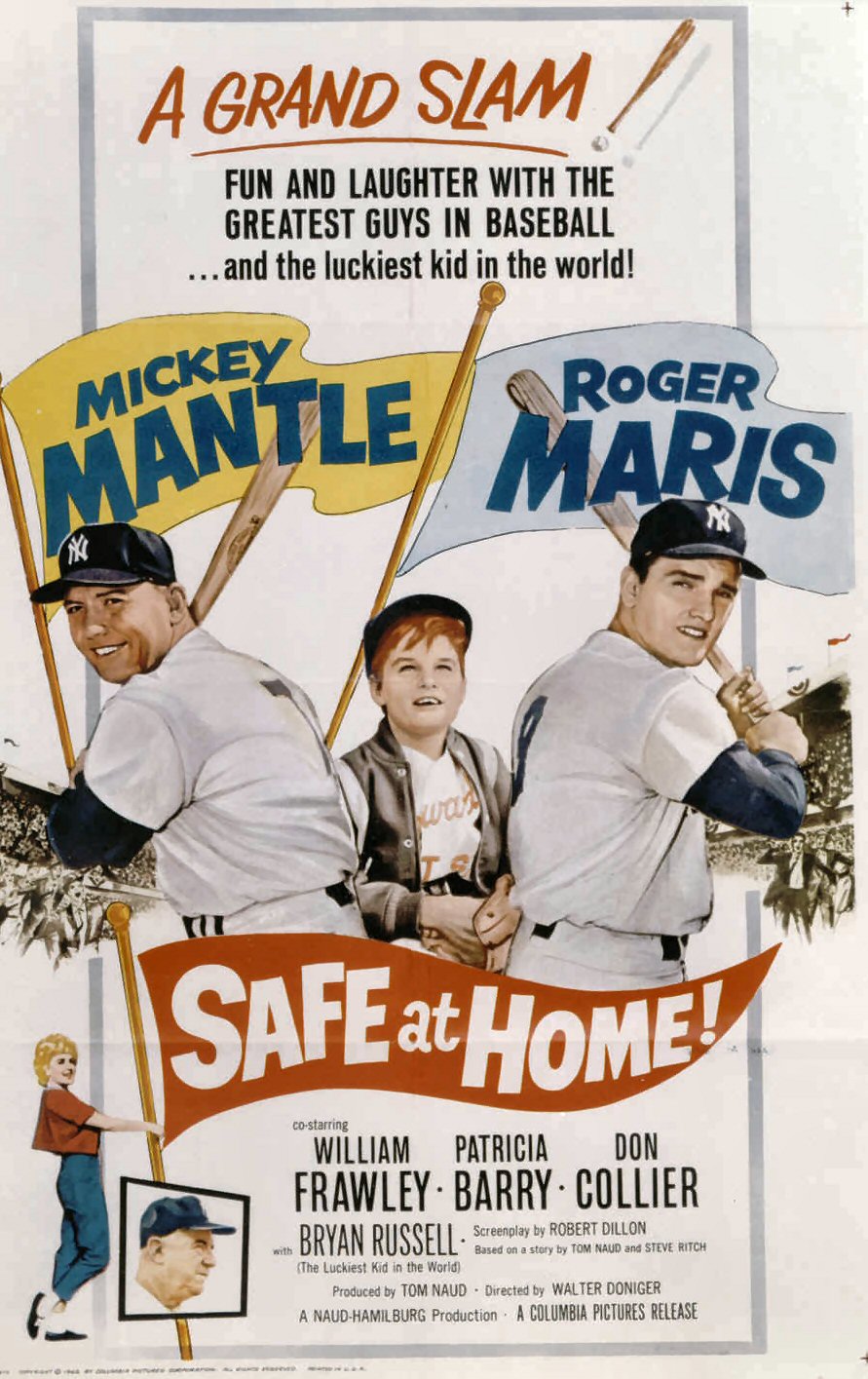
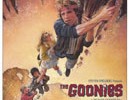
Can’t stand talk like this: “Moneyball rises above being simply a “baseball movie” and into something much more universal… “Of course, there is all that baseball stuff too”
I take it you’re not American or never played baseball. While you’re right, it’s very universal as Pitt mentions – baseball is not the reason he chose the film. But as the making of the film progressed both Pitt and the makers note publicly that they warm up to the game and get closer to it, as their objective to not “exaggerate” anything. Which is the power of the game, that eludes so many “films” TRYING to be authentic/universal. Big part of this movie nailing it is cause of the game.
There’s a spirit and emotional intimacy to this game that is so specific to our culture, it’s a shame “sports people” come across or are received as esoteric.
I have friends that never played in their life, but LOVE it… cause of the intricacies that Moneyball the book and any other book written about the game only scratch the surface of.
Baseball is an experience, whether you’re in the bleachers, on the bench or on the field, and holds the values that the films holds… NOT because of the makers. But because the value and experience was already there and the makers were brave enough to let it come to them. The game and this story are one. Anyone who separates the two is highly uneducated or insecure about the game or more.
You’re right – I’m not American. I’m Canadian. But I am a pretty big baseball fan and I did spend several years playing the game. And you’re right, Moneyball does do a good job of looking at the intricacies of baseball and the spirit of the game. I too introduced the book to non-baseball, non-business fans who found it entertaining and fascinating. That’s why it’s able to be more and reach beyond it. If it didn’t, it wouldn’t have reached the relatively sizable audience and acclaim that it did. That’s what makes it great. Is it not a good thing that this movie can be BOTH about baseball and life?